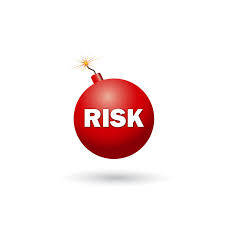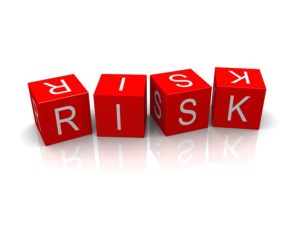Have you ever lost all your data on your smartphone, laptop, company server or desktop PC? If not, it is probably only a matter of time until you do. Those of us who have experienced this heart-stopping event now regularly back up our data and many of us create daily images of our entire hard drives often, ready this time to address an effective recovery.
The initial shock of data loss
But what about the shock of a fire, a major natural disaster, or even the loss of an  important company top executive? Are you or your board prepared to immediately jump into a pre-planned recovery? From experience on more than forty boards over the years, I can state that few have even considered the possibilities. All of us have a phone listing of our employees and associates. But very few have a phone tree for simultaneous contact of larger numbers of people to marshal a recovery from any type of disaster.
important company top executive? Are you or your board prepared to immediately jump into a pre-planned recovery? From experience on more than forty boards over the years, I can state that few have even considered the possibilities. All of us have a phone listing of our employees and associates. But very few have a phone tree for simultaneous contact of larger numbers of people to marshal a recovery from any type of disaster.
Duties of your board of directors
Boards of directors for companies of all sizes should have a person or better yet a committee dedicated to considering the preparations for disaster recovery. Often, we consolidate this task into the audit committee of a board; and often we expand the subject to ‘risk management’ which includes examination of all forms of risk, from insurance coverage to OSHA compliance and more.
The management and board’s risk register
[Email readers, continue here…] It is good practice to create a “risk register” listing all the risks to the company you can imagine, who should be contacted first, and recovery steps that are best practices.
The larger the organization, the more the risk
When a company is very small and the company’s assets reasonably replaceable with existing or easily borrowed funds, the event is less likely to threaten the existence of the organization. As a company grows in size and complexity, more stakeholders depend upon the wisdom of the CEO and the board to think in advance of these unpleasant things, and to attempt to insulate the company’s dependents from a disaster.
Backing up yourself
How about yourself? Have you been open in sharing your knowledge and talent with a backup, or even a potential successor? It is prudent and certainly a sign that you take this responsibility personally as a leader among your peers and subordinates.
My past examples of frightening risk events

I have three unfortunate examples in my past of founder-CEOs dying suddenly at their prime. The shock to each organization was a threat to the very core in all three instances. Yet as we will discuss in detail in a future insight, in one, the board stepped in immediately to reassure the stakeholders, elect a new CEO from within the board, and reach out to the community with a plan for succession that allowed the business to continue with minimal interruption. In another, the creditors threatened to close the company, and the board was completely unprepared to respond. The contrast was quite a lesson to me – one that I would never want to repeat as a board member or senior manager.
How to start the planning process
What if? How about dedicating at least a half hour of your next executive or board meeting to the subject, and creating a checklist and assignments for covering at least the greatest three risks identified? It is yet another sign of your growth and growing wisdom as a leader.









Agreed there are 3 primary areas at risk when it comes to disasters: (a) the organization’s data & intellectual property, (b) the organization’s financial resources and the security of same; and (c) protecting both management and the general workforce while planning how to replace key managers / employees when and if necessary. I would submit that far more than 1/2 hour would need to be devoted to exploring the possible disaster scenarios in each area and planning for recovery and sustainability in each. And the people best equipped to help in each of those 3 areas could well be different. In addition, areas (a), and to a certain extent (b), are vulnerable not only to human error and natural disasters, but to hackers. So cybersecurity has to enter into the equation as well. Zoom is a perfect example. Demand for its services exploded when the coronavirus shut everything down and the founder admitted that he had given little thought to the possibility of cyberattacks. Wake up, people.
Dave — This is a timely and important reminder. Thanks for discussing this. Do you (or do any of your readers) have the name(s) of excellent consultants who can come into a company and evaluate how effective their back up procedures are in terms of data risk management.